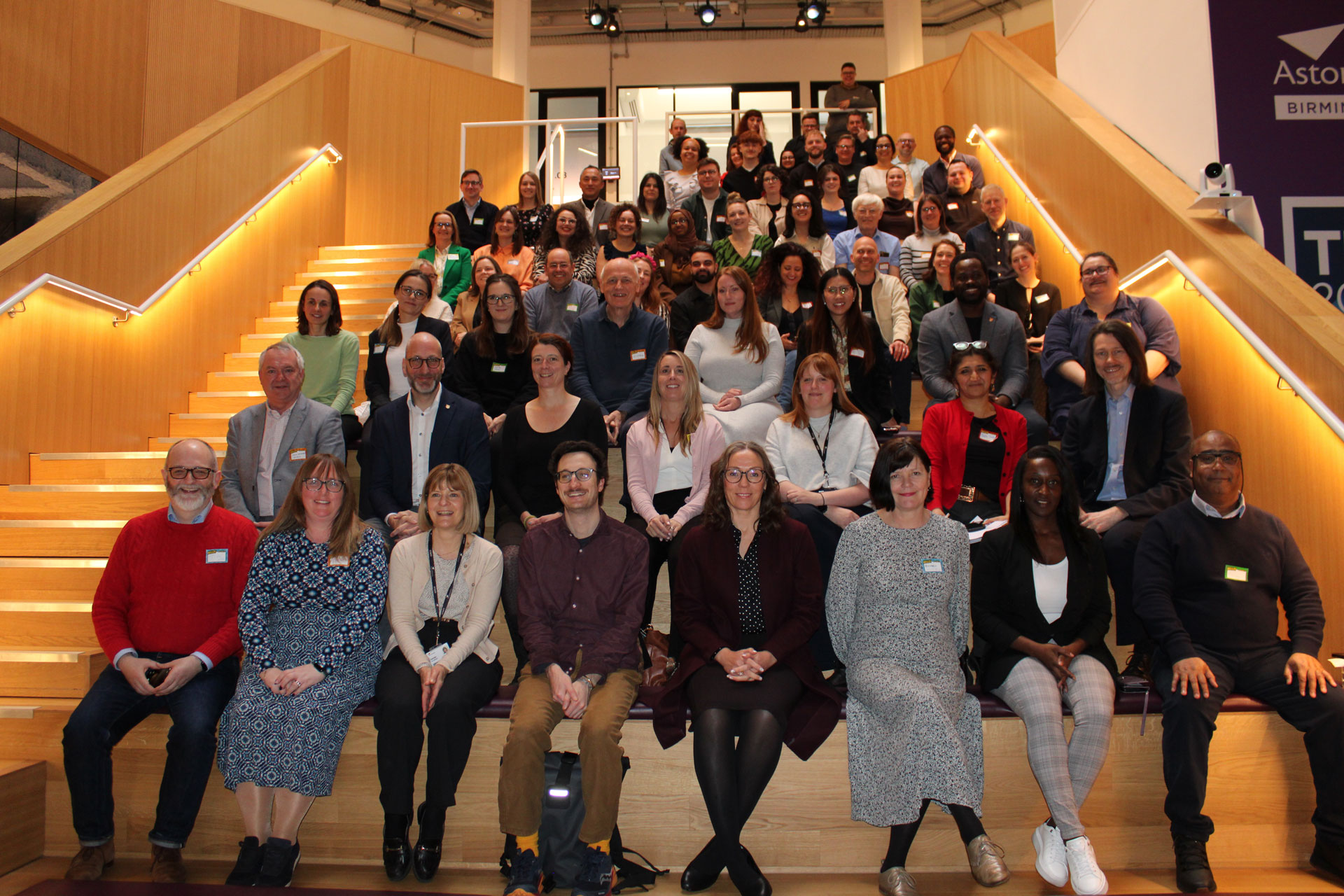Building a Sustainable Innovation Ecosystem: Insights from the 2025 IAN Conference
On March 20, 2025, more than 100 leaders from across the UK’s innovation landscape gathered in Birmingham for the 8th Annual Incubator and Accelerator Network (IAN) Conference, co-hosted by the Centre for Entrepreneurs and Innovate UK Start-Up Connect. The event served as a pivotal moment to reflect on the state of the UK’s startup support infrastructure – and chart a path toward a more cohesive, transparent, and sustainable ecosystem.
With a guiding theme of “The Future – Building a Sustainable Ecosystem,” the conference centred around a simple but critical question: How can we better support founders from ideation to scale, in every corner of the UK?

Tackling Fragmentation and Improving Navigation
The first panel explored one of the ecosystem’s most persistent challenges: fragmentation and poor visibility. While the UK boasts a rich variety of incubators and accelerators, founders often struggle to navigate this complex landscape. As Professor Paula Whitehouse of Aston University noted, “Choice is not a bad thing… the challenge is the lack of visibility.”
Calls for a national directory of incubators and accelerators gained traction, with stakeholders agreeing that improved signposting – paired with clear indicators of quality and impact – could significantly enhance the ecosystem’s efficiency.
Sustainability, Funding Models, and Measuring Impact
The second panel focused on business models and sustainability, highlighting diverse funding approaches across public, private, academic, and hybrid incubators. While financial sustainability remains a common challenge, the discussion underscored the importance of strategic partnerships, locally rooted support, and clarity around value propositions.
Panellists also called for broader definitions of success – beyond investment raised – emphasising founder outcomes, job creation, diversity, and ecosystem strength as key metrics. Metrics, they agreed, should not only serve funders but also help entrepreneurs make informed decisions.
Roundtables: Turning Talk into Action
Afternoon roundtables allowed participants to dig deeper into shared challenges. Key takeaways included:
- The need for coordinated national mapping combined with local intelligence to reflect the diversity of support available.
- Case studies and success stories to humanise data and demonstrate real-world impact.
- Differentiation between incubators and accelerators, and transparency around selection criteria and outcomes.
- Greater support for underserved regions and early-stage ventures, including clearer investment pathways and equitable access.
A Call for Collective Responsibility
Closing remarks from Geeta Nathan of Innovate UK echoed a recurring theme throughout the day: shared responsibility. Building a stronger startup ecosystem isn’t the job of one actor – it requires collaboration across funders, policymakers, educators, investors, and service providers.
The report that accompanies this event captures the insights and commitments that emerged from the day. But as speakers reminded attendees, the true test lies in what happens next. A smaller working group will now take forward several key initiatives, including improved mapping and clearer quality benchmarks.
As one attendee put it: “Systemic transformation requires shared responsibility – across regions, sectors and institutions.”


